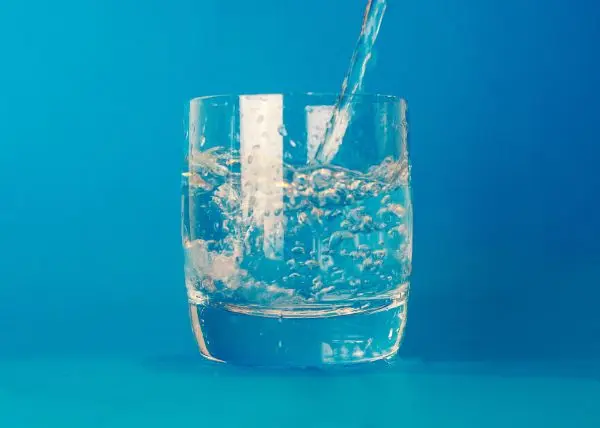What are some common sources of microplastics in daily life?
Microplastics are pervasive in daily life, and they come from a variety of sources. Here are some of the most common ones:
Personal Care Products
- Microbeads: These small plastic particles were commonly found in exfoliating body washes, facial scrubs, and toothpaste until many countries banned them. However, some products may still contain them, especially in regions without strict regulations.
- Cosmetics: Products like foundations, lipsticks, and nail polish can contain microplastics for various effects like film-forming or viscosity controlling.
Clothing and Textiles
- Synthetic Fabrics: Materials such as polyester, acrylic, and nylon are types of plastic. When washed, they release microfibers into the water, which are a significant source of microplastics in the environment.
- Laundry Lint: During machine washing, tiny fibers shed from clothes and textiles, and these microfibers are too small for most wastewater treatment plants to effectively capture.
Household Items
- Plastic Packaging: Food packaging and other plastic wrappings can break down into microplastics.
- Household Dust: As plastics degrade in the home—from synthetic textiles, electronics, and other goods—they contribute to the dust, which can be ingested or inhaled.
Consumer Products
- Plastic Utensils and Containers: Repeated use and cleaning of plastic items can cause them to break down and release microplastics.
- Children's Toys: Toys made from plastic can degrade over time, especially with outdoor exposure, releasing microplastics.
Industrial Sources
- Industrial Scrubbers: Certain industries use plastic scrubbers for cleaning large tanks or vessels, which can degrade into microplastics over time.
- Abrasive Blasting: Microplastics can be generated from abrasive blasting media used in industrial processes.
Vehicle and Tire Wear
- Tires: As tires wear down from driving, they generate microplastics that can be washed into waterways or become airborne.
- Road Markings: The degradation of painted road markings also contributes to microplastic pollution.
Fishing and Boating
- Fishing Gear: Netting and ropes made from synthetic materials can degrade into microplastics in aquatic environments.
- Boat Paint: Anti-fouling paints used on boats can degrade, releasing microplastics.
Food and Beverages
- Seafood: Marine organisms can ingest microplastics from the water, which can then accumulate up the food chain.
- Drinking Water: Both tap and bottled water can contain microplastics.
- Tea Bags: Some tea bags are made from plastic materials that release microplastics when steeped in hot water.
Environmental Degradation of Larger Plastic Waste
- Breakdown of Larger Plastics: Larger plastic items, like bags, bottles, and containers, can degrade into microplastics over time due to environmental exposure.
Miscellaneous
- Art Supplies: Some paints, glitters, and other craft materials can contain plastic.
- Airborne Microplastics: Particles can be transported through the air and settle in different environments, including urban and remote areas.
Awareness of these sources is the first step in reducing microplastic pollution. Making informed choices about the products we buy and how we use them is only the beginning.






